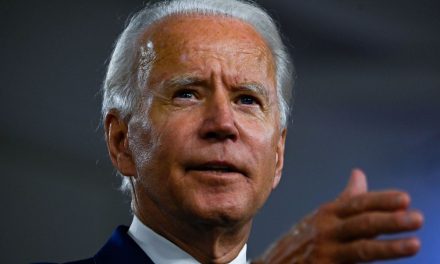President Biden announced a new international climate finance plan on Thursday that seeks to eventually double U.S. financing for climate-related programs in developing countries and put limits on international investment in fossil fuels.
“Taking on climate change together is more than just the right thing to do, it’s also in everyone’s best interest,” Biden said during an international climate summit hosted by the White House. “Meeting this challenge is going to require mobilizing financing at an unprecedented scale.”
“Good ideas and good intentions aren’t good enough. We need to ensure that the financing will be there, both public and private, to meet the moment on climate change and to help us seize the opportunity for good jobs, strong economies and a more secure world,” he added later.
The plan seeks to double the financing for the international programs by 2024 compared to fiscal 2013 through fiscal 2016, including tripling its finance for adaptation.
The plan also calls for ending international investments and support for “carbon intensive fossil fuel-based” energy projects except for in limited circumstances where there’s a “compelling development or national security reason.”
It doesn’t lay out which types of fossil fuels it considers carbon intensive, but a National Security Council spokesperson said that this refers to “unabated coal and gas-fired generation.”
And it would aim to mobilize money from the private sector, calling on the Treasury and State departments to find “financial innovations” that attract large scale private sector investments.
It also seeks to increase climate-related investments, with the goal of ensuring that one-third of investments from the U.S. International Development Finance Corp. are related to addressing climate change. Biden also wants the corporation’s portfolio to reach net-zero emissions by 2040.
And he wants government agencies at large to increase transparency in their climate financing.
His plan also directs the country’s Export-Import Bank to identify ways to increase renewable energy, energy efficiency and environmentally beneficial exports from the U.S.





